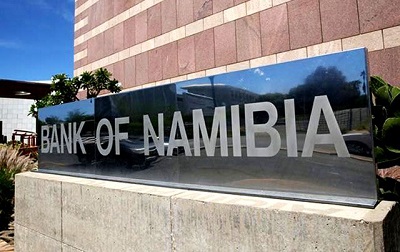
Banking liquidity deteriorated – SSS

Financial securities firm, Simonis Storms Securities (SSS) this week said that the banking liquidity position has deteriorated, thus lowering the demand for treasury bills.
According to SSS, by the end of October 2016, the liquidity position stood at N$952 million. SSS noted that the demand on treasury bills and bonds has dried up in recent tenders, adding that none of the bonds were fully allocated in October. This comes at a time where the finance minister reported that government has plans to cut its spending by N$5.5 billion, during the midterm budget review, which was tabled on 27 October 2016.
“We are of the view that investors are looking for better yield markets. The low demand at current prices will result in government bond yields to rise at the longer end of the curve which will eventually lead to a steepening yield curve going forward,” Director of Research and Securities at SSS, Purvance Heuer stated in their recently released Namibian Fixed Income and Economics October 2016 report.
According to SSS, the bond yields should be increasing in order to attract demand across the maturities. In case this does not happen, the firm expects further private placements to take place. SSS’s research show that in October 2016, the Namibian Government Bond Total Return and Capped Namibian All Share Price Index gained equivalently by 0.5%. Year-to-Date, government bond total return gained by 11.9%, while the capped all share index outperformed by 26.2%.
SSS also stated that the slowing private sector credit extension will further put pressure on economic growth. In September, Private Sector Credit Extension grew by only 11% on a year on year basis, a slight recovery compared to the even weaker 10.9% recorded in August. According to SSS, this growth can be attributed to a recovery in the growth of loans and advances which grew by 18% in September compared to 14% in the prior year.
“Borrowing across all credit instruments with the exception of loans and advances, continues to decline on an annual basis. Carbon taxes and municipal tariff hikes implemented will also put pressure on certain sectors such as the vehicle industry and high water and electricity dependent sectors. Similarly, the Bank of Namibia also revised its GDP forecast to 2.5% for 2016,” Heuer stated.
This is attributed to a widening trade deficit and the slowdown in economic activity exacerbated by the water crisis which has largely affected most of the big GDP contributors, Construction, Manufacturing and Agriculture.











































